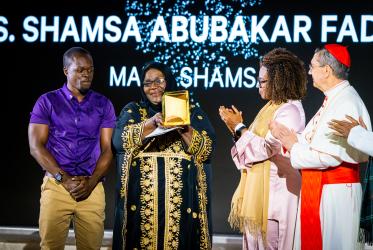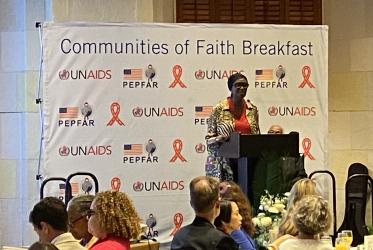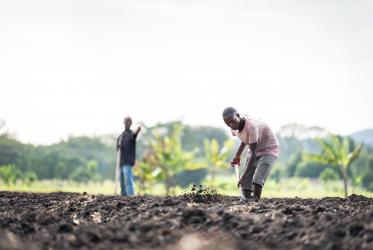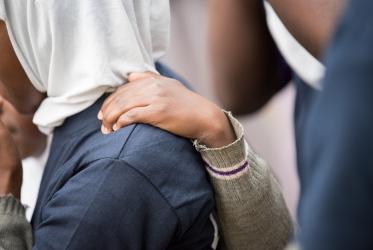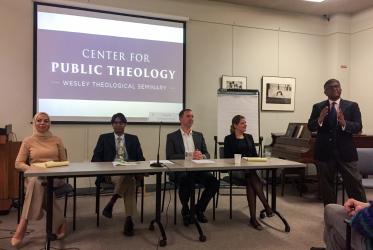Displaying 1 - 20 of 27
Kenyan woman peace-builder wins human fraternity award
14 February 2023
Scottish and UK religious leaders call for urgent climate action
20 September 2021
WCC encourages churches to work for Interfaith Harmony
01 February 2018
WCC expresses concern over renewed violence in Jerusalem
19 October 2015
